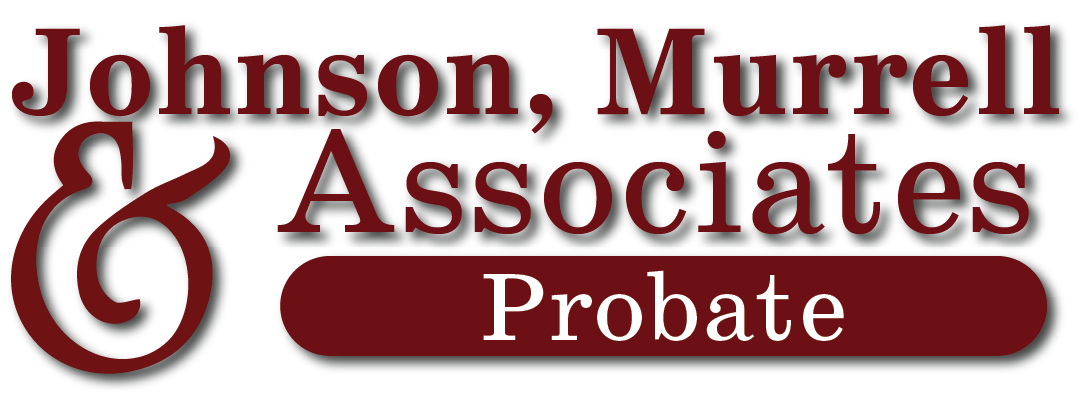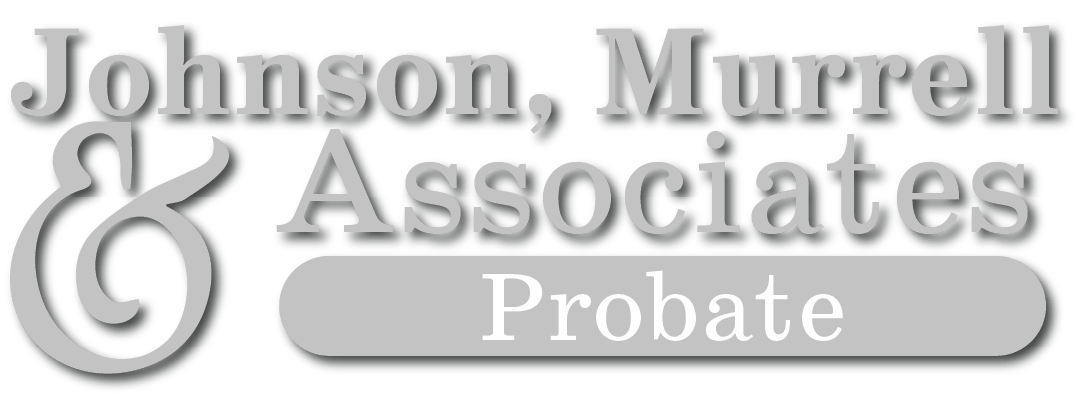When your elderly parent requires extensive care or can no longer care for themselves, a nursing home is often the best choice for round-the-clock medical supervision. Nursing home fees, however, can quickly deplete your parents’ savings, and proactive planning is essential to protect their assets from these high costs. By implementing smart strategies, it’s possible to safeguard your family’s wealth while ensuring quality care.
Strategic planning is needed to protect your parents’ assets due to Medicaid’s strict eligibility rules and the five-year look-back period. Estate planning, including irrevocable trusts and medical power of attorney, are great choices for safeguarding assets. With 50 years of experience in Tennessee probate law, Johnson, Murrell & Associates offers expert guidance in estate planning and asset protection strategies.
Understanding Nursing Home Costs and Rules
Understanding nursing home costs and rules is the first step in protecting parents’ assets. In 2025, the median cost of a private room in a nursing home was $10,326 per month, while a semi-private room cost $9,197 per month.
Medicaid eligibility is often necessary to cover long-term care in a nursing home, but it comes with strict income and asset limits. To qualify, individuals may need to spend down their assets until they reach the state-specific Medicaid asset limit.
It’s also important to note the five-year look-back period for Medicaid asset transfers. This means that any spending down within five years of applying for Medicaid may be scrutinized and could result in penalties or delayed eligibility.
By understanding these costs and rules, you can better prepare for the potential long-term care needs of your parents. This knowledge allows for strategic planning, such as creating trusts, purchasing long-term care insurance, or exploring other asset protection strategies to ensure that parents’ assets are safeguarded while still accessing necessary care.
Create an Estate Plan
Creating an estate plan is a critical step in shielding parents’ assets from nursing home costs. It involves structuring legal documents and strategies to manage and protect assets during incapacity or end-of-life care. By incorporating long-term care provisions, families can proactively address nursing home expenses while preserving wealth for heirs.
A well-designed estate plan converts standard documents like wills and trusts to include long-term care directives, such as setting aside funds for future care or specifying preferences for nursing home placement. This ensures that healthcare decisions align with asset protection goals.
Irrevocable trusts are among the most effective tools for asset protection. By transferring ownership of assets like homes and savings into an irrevocable trust, they are removed from Medicaid’s asset calculations after the five-year look-back period. Similarly, Medicaid Asset Protection Trusts (MAPTs) shield resources while allowing parents to qualify for Medicaid coverage once eligible.
These trusts prevent the state from recovering nursing home costs from the estate posthumously, preserving inheritances.
However, trusts must be established early since Medicaid penalizes last-minute asset transfers. Combining trusts with strategies like Medicaid-compliant annuities—which convert excess savings into income streams—further reduces countable assets. By integrating these tools, estate plans provide a dual benefit: securing care access and safeguarding generational wealth.
Set Up Medical Power of Attorney
Setting up a medical power of attorney (POA) is a critical step for how to protect parents’ assets from nursing home fees. This legal document designates a trusted agent to make medical decisions if a parent becomes incapacitated, ensuring care aligns with their wishes.
For example, an agent can:
- Advocate for cost-effective treatments
- Prevent unnecessary procedures
- Choose in-home care over pricier nursing facilities
A medical POA differs from a financial POA, which manages assets and bills. Clear boundaries between the two ensure healthcare decisions aren’t compromised by financial pressures, which is vital given the high average cost of nursing homes.
Medical POAs also help prevent neglect or exploitation in nursing homes. Agents can monitor care quality, dispute billing errors, or relocate parents to safer facilities if issues arise. This oversight reduces the risks of prolonged stays due to mistreatment, which can drain assets faster.
Keep in mind that medical POA must be drafted carefully. Consulting an attorney ensures compliance and seamless coordination with financial safeguards.
Talk to Johnson, Murrell & Associates About How to Protect Parents’ Assets from Nursing Home Fees
Johnson, Murrell & Associates is an excellent choice for protecting your parents’ assets from nursing home fees. With over 40 years of experience in Tennessee probate law, we offer expert guidance in estate planning and asset protection strategies.
Our team understands the importance of early planning to safeguard assets. We can help determine and implement personalized solutions, including irrevocable trusts and life estates tailored to your family’s unique situation.
By partnering with Johnson, Murrell & Associates, you can gain peace of mind knowing that your parents’ legacy is protected. We’re here to help you focus on their care while ensuring their hard-earned assets are preserved for future generations.

Protecting parents’ assets from nursing homes requires strategic planning due to Medicaid’s strict eligibility rules and five-year look-back period. Estate planning tools like irrevocable trusts and medical power of attorney are effective for asset protection. Johnson, Murrell & Associates, provides expert guidance in estate planning and asset protection strategies.
When you choose Johnson, Murrell, & Associates, you are choosing a team that understands how legal issues affect you, your family, and your business. Let us take care of administering your loved one’s estate and probating their will so it goes into effect, upholding their wishes. For more information on how we can help you through the probate process call us at 865-453-1091 or contact us online.



